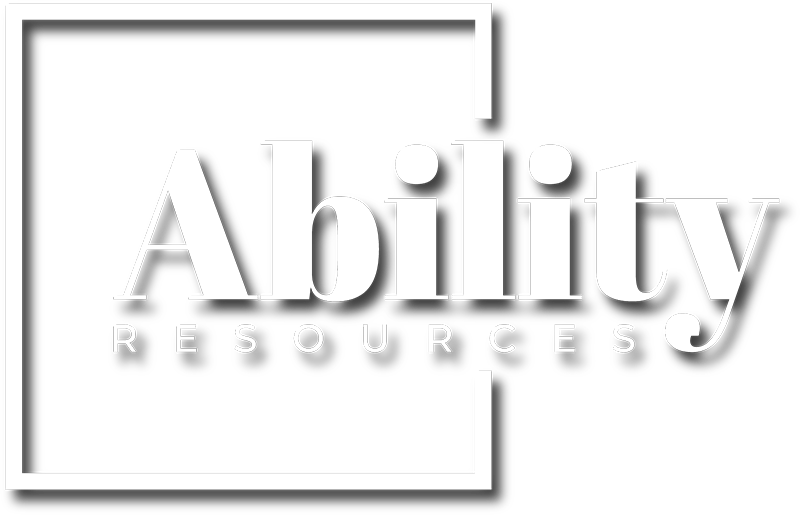Blog
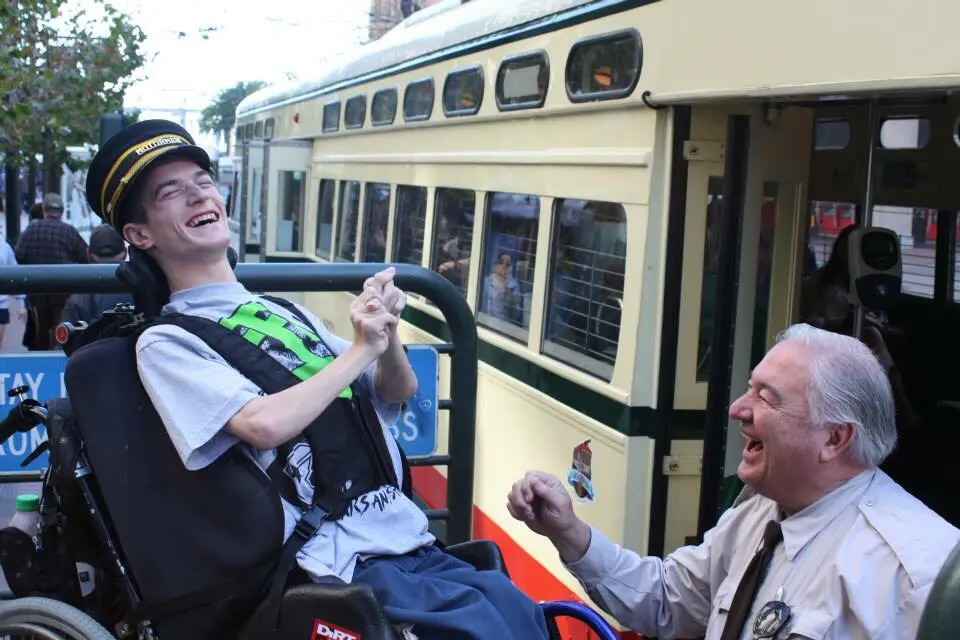
What Do You Know About Disability Cultural Competence?
by Elspeth Slayter
Recently, I had the opportunity to give a webinar on disability cultural competence to social service workers, but was met with many blank stares. As a disabled social worker myself, I often notice that the disability community is not recognized as a cultural group…
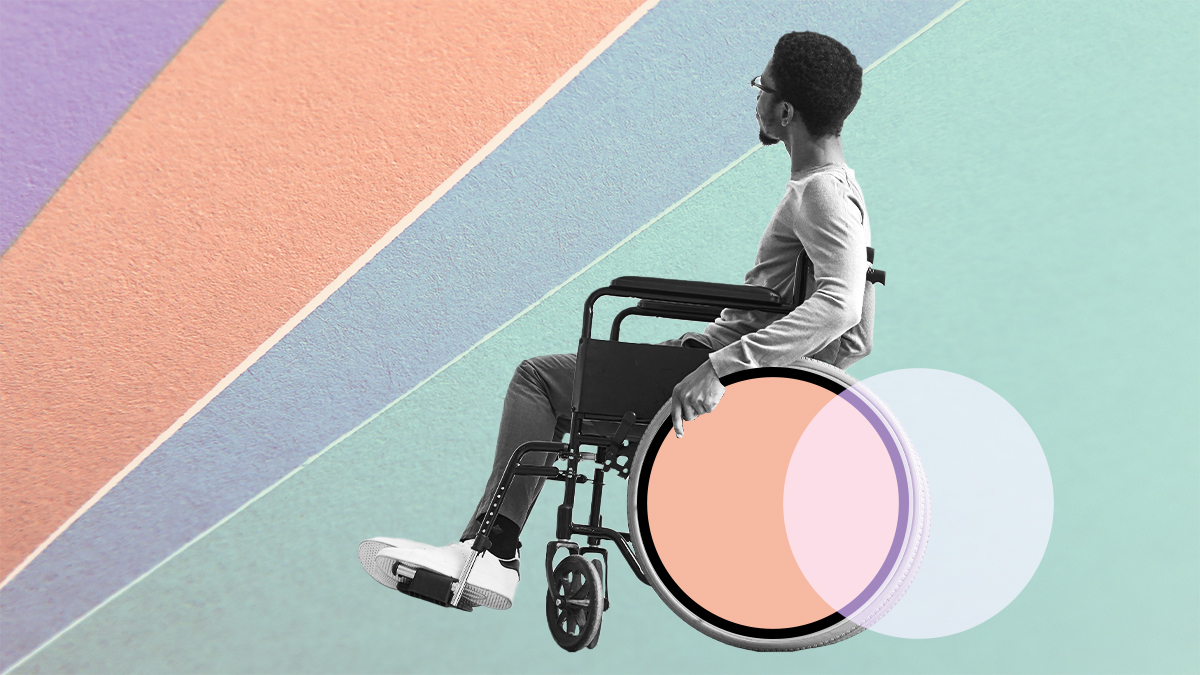
4 Common Ways Companies Alienate People with Disabilities
Executives and product team leaders need to stop excluding people with disabilities and understand that their decisions affect how users interact with every aspect of their products and services. At this point, leaders have the right tools at their disposal, but need to…

Monthly Digital Accessibility Highlights
We are launching our monthly Accessibility Highlights from our Chief Accessibility Officer, Jeff Wissel, and our Accessibility Resource, Lainey Feingold…

Mindset Matters: The Responsibility Of Corporate Behavior In Magnifying The Disability Economy
by Jonathan Kaufman
Through a series of columns starting with the previous Mindset Matters piece, the hope is to open a dialogue around the significance of the emerging Disability Economy and discover some of the intricacies that are key to its very growth…

Disability: An Identity That All Can Share
by Day Al-Mohamed
International Day of Persons with Disabilities is December 3, and we have daily reminders of how inclusiveness in society has benefited all….
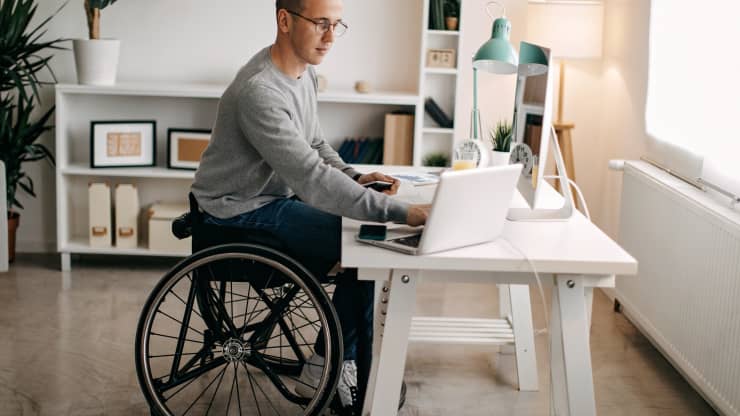
77% of workers with disabilities say their employer has done a better job supporting them since the pandemic started
2021 was a prominent year for DE&I efforts across businesses nationwide. Hybrid work not only helped with issues like workplace discrimination, but ushered in a more accessible environment for disabled workers…
U.S. Access Board Issues Technical Bulletins on Lavatories and Sinks, Washing Machines and Clothes Dryers, and Saunas and Steam Rooms
The U.S. Access Board has released technical bulletins on accessibility to lavatories and sinks, washing machines and clothes dryers, and saunas and steam rooms…
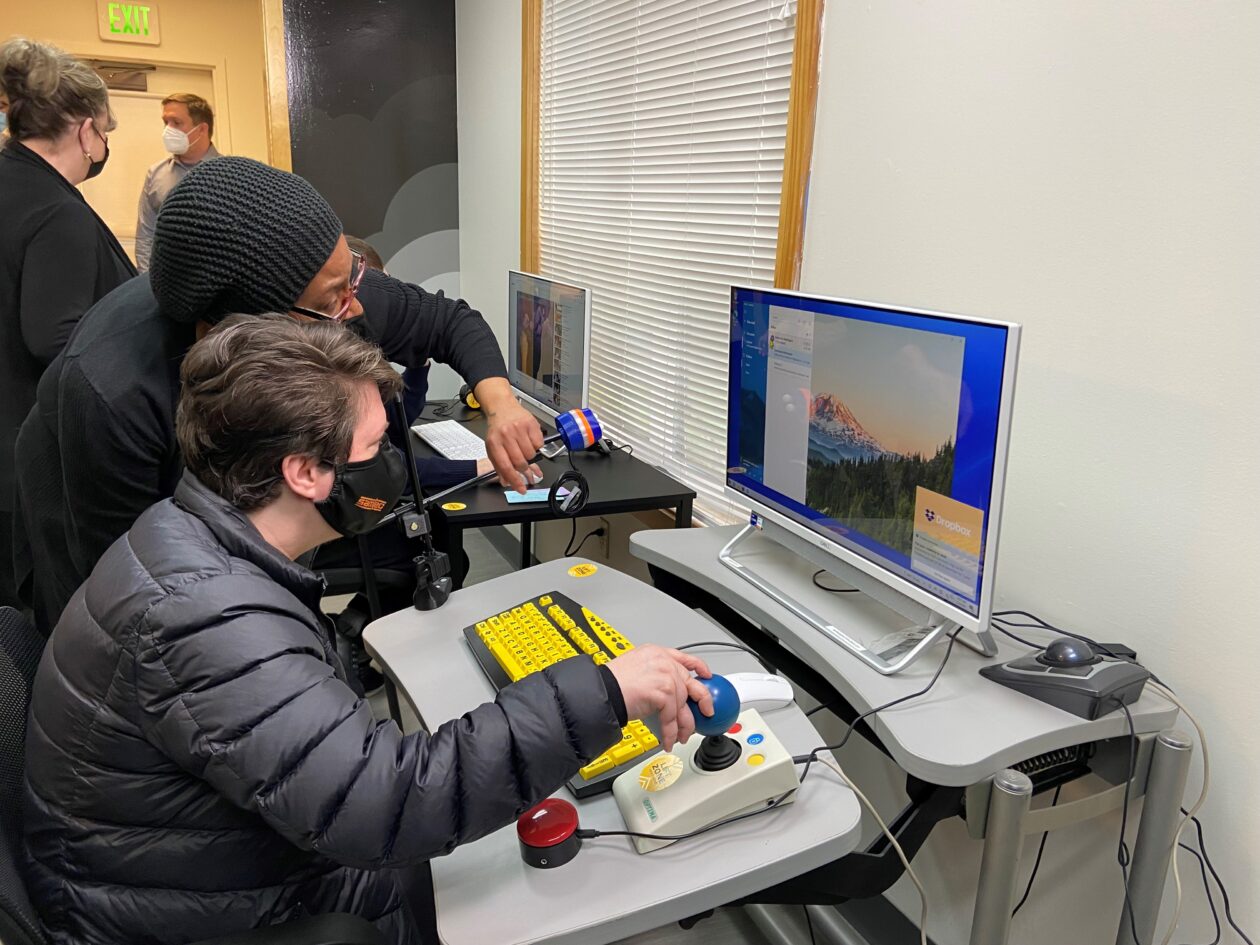
Connectivity and assistive technology can equalize opportunity for people with disabilities
by Cathy Bisaillon
The Internet and assistive technology have the incredible power to level the playing field for people with disabilities. To advance digital equity means to provide vital connections to friends, family, and support networks…

Why disability bias is a particularly stubborn problem
Our most negative societal prejudices can fade, but what sparks that change, and what does it mean when those views haven’t budged in years? Tessa Charlesworth, a postdoc in the Department of Psychology, has dedicated her research in recent years to these questions, and some of her newest analysis has turned up a troubling trend involving implicit biases toward disabilities…

Why technology accessibility is key for disability inclusion at work
Technology, like video conferencing tools and online messaging systems, has gained prominence in workplaces across the country, especially during the ongoing coronavirus pandemic as many businesses have switched to remote and hybrid models…

Disabilities are not binary. Why do we treat them that way?
Too often, disability is thought of like a light bulb: on or off. A person either has a disability or does not. In reality, most disabilities fall somewhere along a spectrum, and viewing them through a binary lens can have profound consequences….
U.S. Access Board Launches New Site for the ICT Testing Baseline for Web Accessibility
Testing information and communication technology (ICT), including websites, for accessibility is essential to ensure conformance with the Section 508 Standards that apply to ICT in the federal sector. However, there are two ways to test webpages for conformance: manual review and fully automated tools…
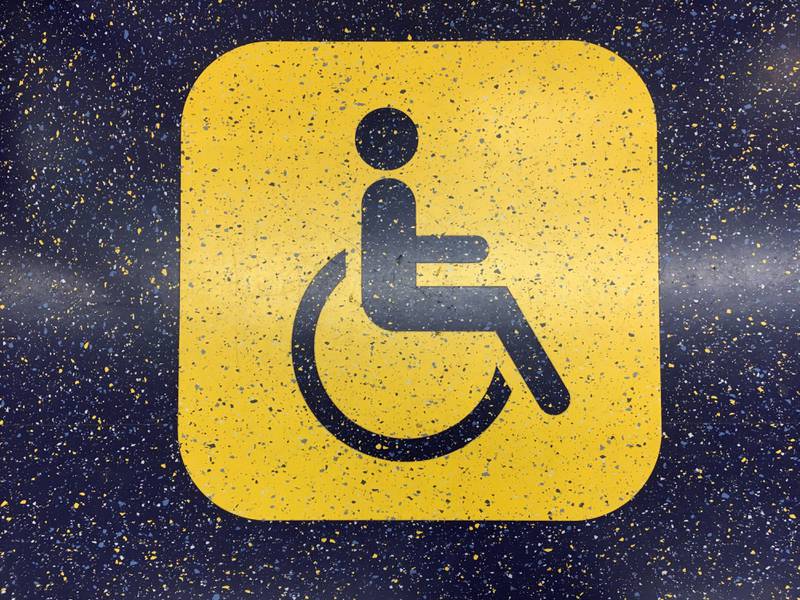
The slow train to NYC subway accessibility
by Alex Elegudin
By some measures, the New York City subway system is one of the most accessible to people in wheelchairs or with other challenges: It has 130 accessible stations, the most in North America. By other measures, it is abysmally inaccessible, since about two-thirds of all stations are useless to such people.
info@abilityreso.com
Phone
(347) 455-0494
